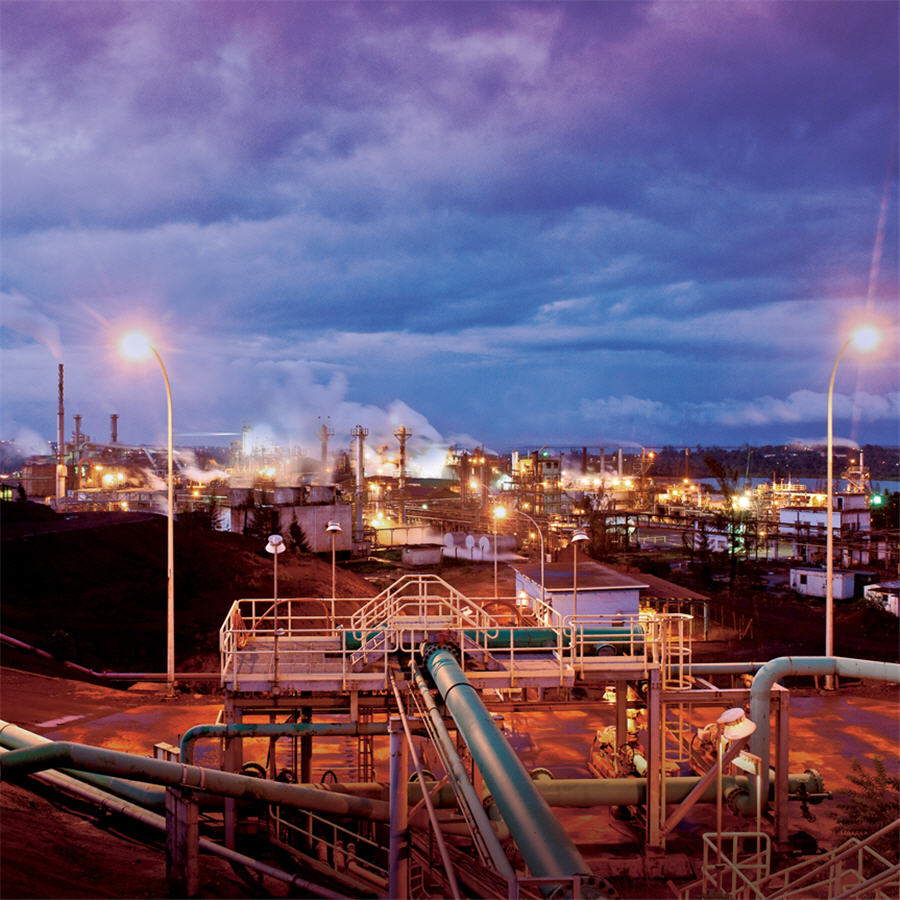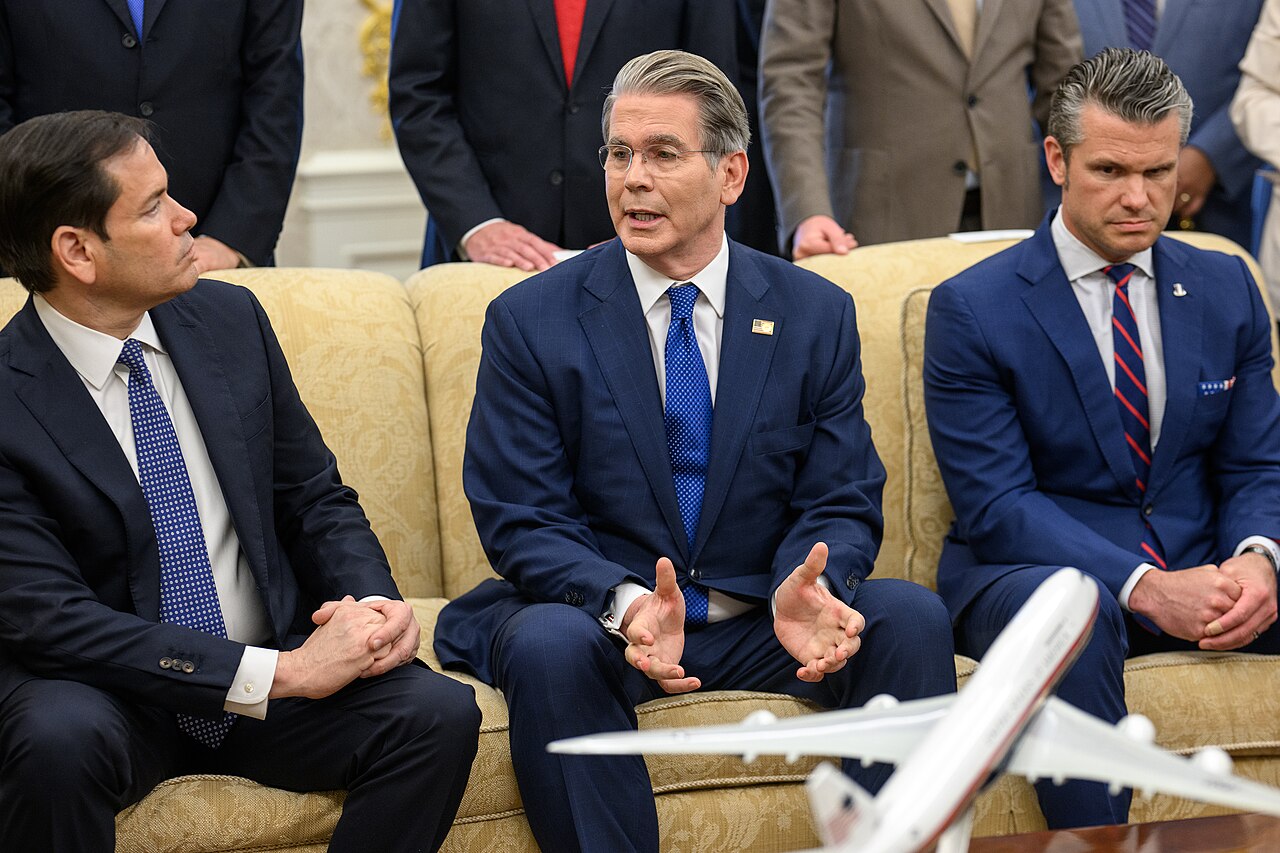Sherritt CEO undaunted by Trump’s tightening of embargo on Cuba

One of Cuba’s biggest foreign investors isn’t fazed by President Donald Trump’s push to make doing business in the communist-run Caribbean nation more difficult.
David Pathe said Sherritt International Corp. has deep roots on the island, and the chief executive officer is hopeful renewed oil exploration efforts will help buoy the Canadian mining and energy company’s battered share price.
The claim against Sherritt’s nickel mine on the eastern end of the island is valued at $88.3 million, before interest, making it the third-largest of nearly 6,000 cases against Cuba that were already certified by the U.S. Department of Justice
“We’ve made a lot of money in Cuba over the years and I think Cuba has benefited from our being there,” Pathe said in an interview Monday. “We fully expect that in the ebb and flow of all this we’ll continue to be able to do that for a long time yet.”
The White House decided this month to activate a controversial provision of the U.S. embargo on Cuba as punishment for Havana’s role in propping up Nicolas Maduro’s regime in Venezuela. Beginning this week, Americans will be allowed to file lawsuits over property confiscated in the 1959 revolution that brought Fidel Castro to power.
The claim against Sherritt’s nickel mine on the eastern end of the island is valued at $88.3 million, before interest, making it the third-largest of nearly 6,000 cases against Cuba that were already certified by the U.S. Department of Justice. The Trump administration estimates its move opens the door to as many as 200,000 others.
Nickel mine
The mine was owned by the Moa Bay Mining Co., a subsidiary of what is now Freeport-McMoRan Inc., when it was nationalized by the revolutionary government. The Phoenix-based miner declined to comment Monday.
Discussions between the U.S. and Cuba to settle the certified claims began after former President Barack Obama restored full diplomatic relations with the island in 2015. It’s unclear what Trump’s tightening of the embargo, by enforcing a provision of the Helms-Burton Act for the first time ever, will do to that process, but Pathe isn’t worried.
“We don’t believe there’s any basis on which a U.S. court could assert jurisdiction over Sherritt if anybody were to commence a lawsuit in U.S. court,” the chief executive said by phone from Toronto. The Canadian government, which toughened a law protecting companies against extraterritorial American judgments after Helms-Burton was passed in 1996, condemned Trump’s move in tandem with the European Union.
Canada’s biggest investor on the island — now a penny stock, with its shares down more than 50 percent so far this year — is feeling the pinch of Cuba’s dire economic straits. The crisis in Venezuela has choked off oil imports, which Havana bartered for by sending doctors, nurses and teachers to Caracas. Trump’s decision to cap remittances and restrict U.S. travel will take even more hard currency out of circulation.
Pathe and other top Sherritt officials are already barred from entering the U.S. under a different section of Helms-Burton and the company has deliberately avoided any American ties because of the sanctions. It had $170 million in overdue receivables on its books in the first quarter, Pathe said, noting that balance has climbed as high as $240 million in the past, only to be paid eventually. “The Cubans have had a foreign currency access issue for the last 50 or 60 years. It’s something they’ve always muddled through on.”
In addition to the nickel mine it’s operated in partnership with the Cuban government since 1994, Sherritt generates electricity at a plant outside Havana and has oil operations near Varadero
In addition to the nickel mine it’s operated in partnership with the Cuban government since 1994, Sherritt generates electricity at a plant outside Havana and has oil operations near Varadero. “At the moment we’re actually drilling on a new block, which will be a big source of our future production,” Pathe said.
Cuba is particularly keen on the latter project. “Any barrel they can produce in country is one less barrel they need to spend hard currency importing,” he said.
It’s precisely that kind of arrangement the Trump administration hopes to deter. It argues foreign investment is propping up the Cuban regime, which is in turn helping maintain Maduro’s grip on power through its alleged infiltration of Venezuela’s state security system. Cuba denies the accusation and says the latest U.S. push to oust the communist government is doomed to fail.
Some observers question the American strategy. “It’s already a poor country. Making it even poorer accomplishes zero,” said Richard Feinberg, a professor at the University of California at San Diego and former adviser to the Clinton administration. There was barely a trickle of new foreign investment coming into Cuba even under Obama’s opening, he said, adding: “How much less can there be? Not too much less than not very much.”
For his part, Pathe declined to offer any message to the U.S. government. “They will continue to do what they think they need to do and we will continue to run our business as best we can,” the Sherritt CEO said.
More News
{{ commodity.name }}
{{ post.title }}
{{ post.date }}




Comments